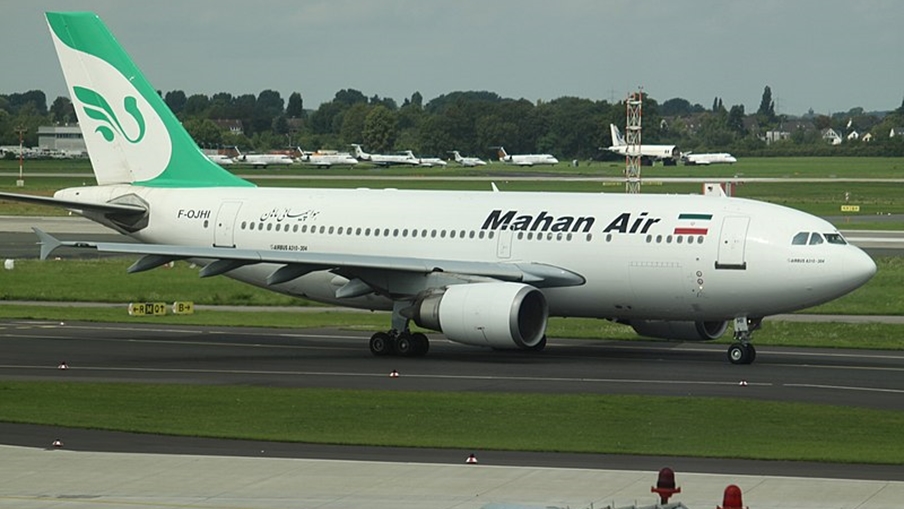Societe Internationale de Telecommunications Aeronautiques SCRL (SITA), a Switzerland-based service provider for the civilian air transportation industry, agreed to pay USD 7.8 million to settle allegations from the U.S. Treasury Department that sanctioned airlines benefited from its products.
SITA offers commercial telecommunications network and information technology services to civilian airlines; nearly all passenger flights rely on its technology, according to its website.
It provided commercial services and software, including a messaging service, a software application for process management, and a lost-baggage tracing and matching system, to the sanctioned airlines between 2013 and 2018, according to the Treasury. The services and software all originated, or was provided from or through the U.S., the Treasury said.
“This enforcement action highlights the benefits companies operating in high-risk industries can realize by implementing effective, thorough, and on-going risk-based compliance measures, especially when engaging in transactions concerning the aviation industry,” the Treasury said. “Companies engaging in international transactions more broadly should take note of, and respond accordingly to, sanctions-related warning signs.”
Membership to SITA is open to industry operators worldwide and provided to both member and non-member customers, which primarily include air transport industry companies and organizations, according to an enforcement notice from the Treasury issued this week.
The Treasury’s Office of Foreign Assets Control (OFAC) launched its investigation of SITA upon identifying that Mahan Air, Syrian Arab Airlines and Caspian Air were member-owners of the organization that may have benefited from its products that were under U.S. jurisdiction. During the course of the investigation, SITA found it had provided services to additional sanctioned airlines -- Meraj Air and Al-Naser Airlines, the OFAC notice said. The airlines, based in Iran, Iraq and Syria, were sanctioned between 2011 and 2015.
SITA said in a statement cited by The Wall Street Journal that compliance is a priority, and it will continue to invest in personnel and systems, employee training and risk-based measures. OFAC said SITA didn’t voluntarily disclose the violations, and that they don’t constitute an egregious case. SITA faced a statutory maximum penalty of up to $2.5 billion, OFAC said.
The OFAC notice credited SITA for ending the conduct that led to the violations and taking a series of measures to minimize the risk of recurrence, including the establishment of a global trade board, the appointment of a global head of ethics and compliance, and the implementation of new sanctions legal committee reviews during the customer onboarding process. The organization also requires all new employees to attend compliance training, the notice said.
Prior to the OFAC investigation, SITA knew it was providing services to the airlines and implemented periodic measures to comply with U.S. sanctions laws and regulations, according to the enforcement notice. SITA terminated the offerings at, or shortly after, their designation, the notice said. SITA began taking steps to mitigate its sanctions risk following an assessment launched in 2016; it had described its compliance program up until then as primarily reactive.
OFAC issued an advisory in July 2019 on sanctions risks associated with Iran’s civil aviation industry that featured Mahan Air. “While that advisory was focused on Iran, participants in the civilian aviation industry should be aware that other jurisdictions and persons subject to OFAC sanctions may engage in similar deceptive practices,” OFAC said in the notice.
